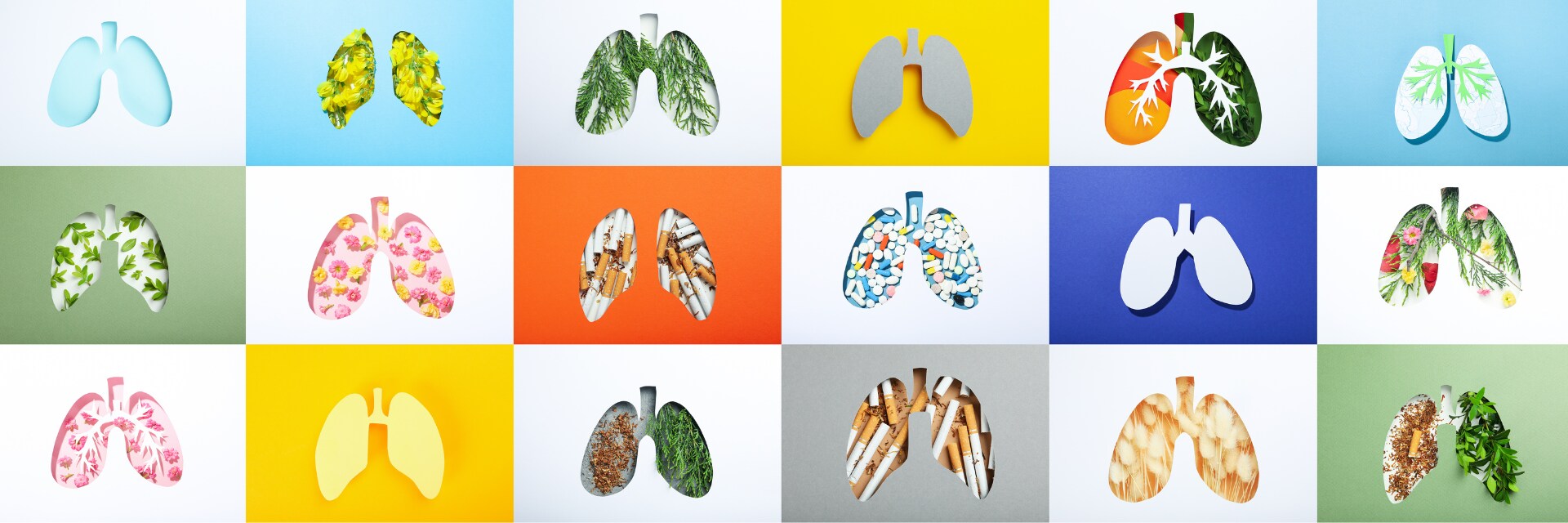
Your lungs move fresh oxygen into every cell of your body. Most of the time, you probably don't even think about breathing. But when lung disease happens, it can bring pain and make breathing a struggle. Knowing the warning signs can help you avoid serious illness or even death.
Some common types of lung disease are:
- Asthma.
- Emphysema.
- Chronic obstructive pulmonary disease (COPD).
- Lung cancer.
Don't ignore the signs
The symptoms of lung disease can be hard to notice at first. For instance, you might think a cough (or another symptom) is just something that happens when you get older.
Stay alert for these common symptoms:
- Chronic cough. If you've had a cough for eight weeks or longer, get it checked out, even if it doesn't seem like a big deal.
- Chronic mucus production. Everyone produces mucus, but if it feels like you have more than usual and it's been going on for a month or more, it could be lung disease.
- Chronic chest pain. Don't ignore chronic pain in your chest, especially if it hurts worse when you breathe or cough.
- Shortness of breath. If you get out of breath even when you aren't exercising, this is a red flag. Any time you feel that inhaling or exhaling is hard for no reason, it could signal lung problems.
- Coughing up blood. This is a clear sign there's some kind of health problem. The blood could be coming from your lungs or respiratory tract.
- Wheezing. When you hear a wheezing sound as you breathe, it means something is blocking the airways in your lungs or making them too narrow.
Any of these symptoms could be signs of lung disease—if you experience them, see a health care provider to rule out something serious.
An ounce of prevention
Thankfully, there are things you can do to help prevent lung disease. Here are some of the most important:
- Don't smoke. Smoking causes chronic inflammation and destroys lung tissue. It can lead to lung cancer as well as COPD.
- Get regular checkups. Lung disease can go unnoticed for a long time. Checkups can help spot a problem when it's most treatable.
- Exercise. Staying physically active is one of the best ways to keep your lungs healthy. Exercise strengthens your lungs.
- Do breathing exercises. Exercises like taking deep breaths into your diaphragm (also known as "belly breathing") can help keep your lungs in good shape.
If you have questions about lung health or would like to schedule an appointment with one of our providers, visit Respiratory & Pulmonary Care or call (402) 844 -8190.
Source: American Lung Association